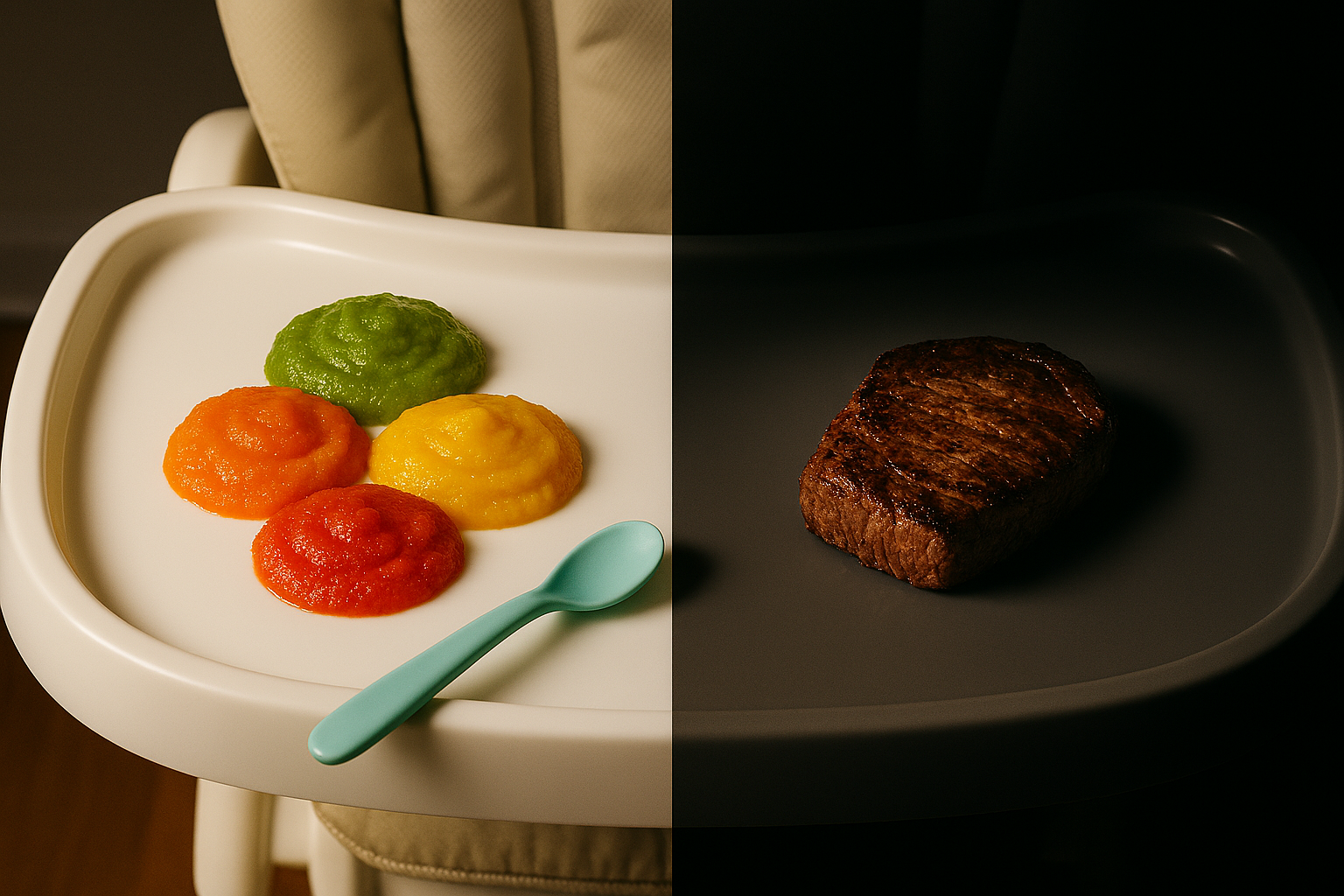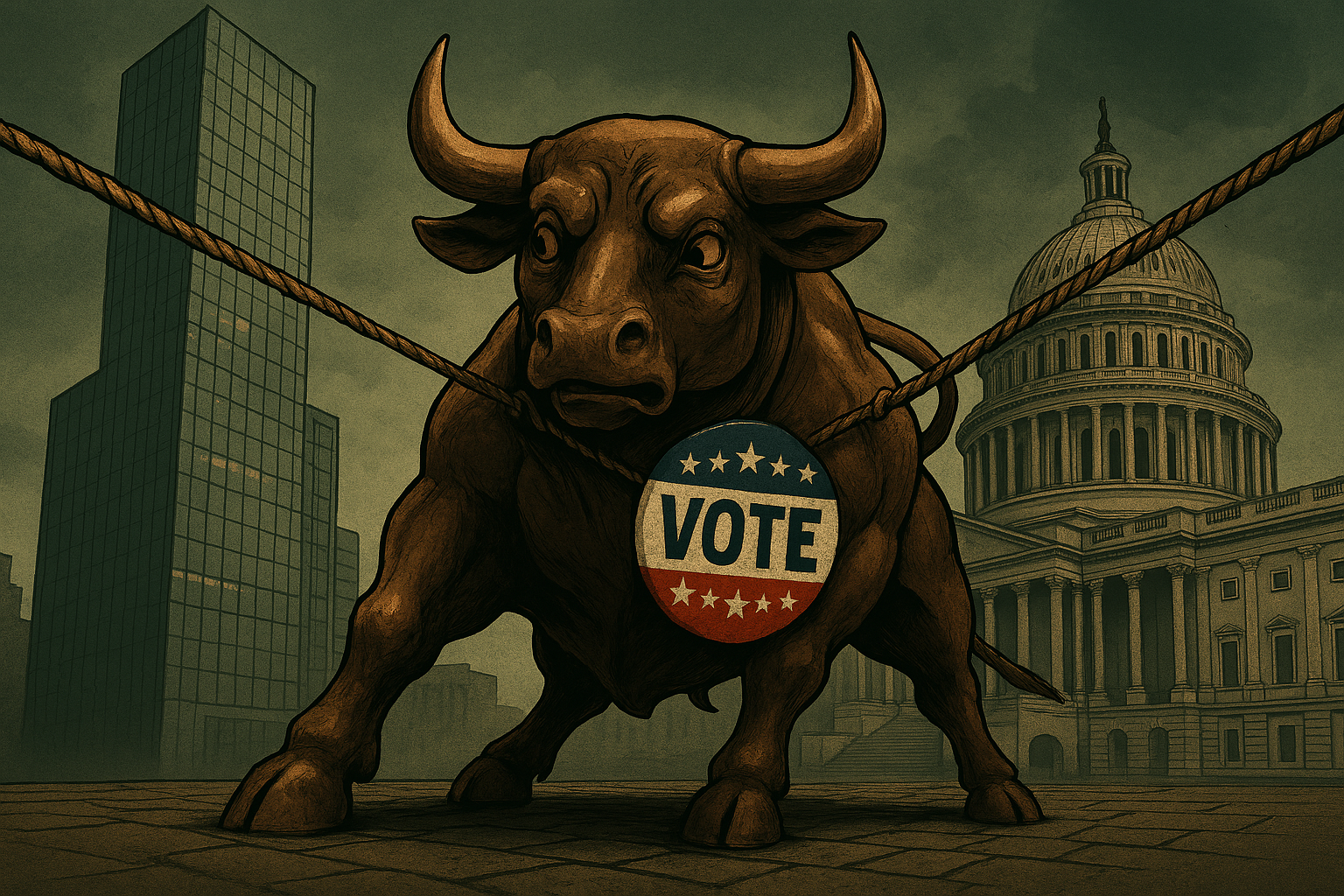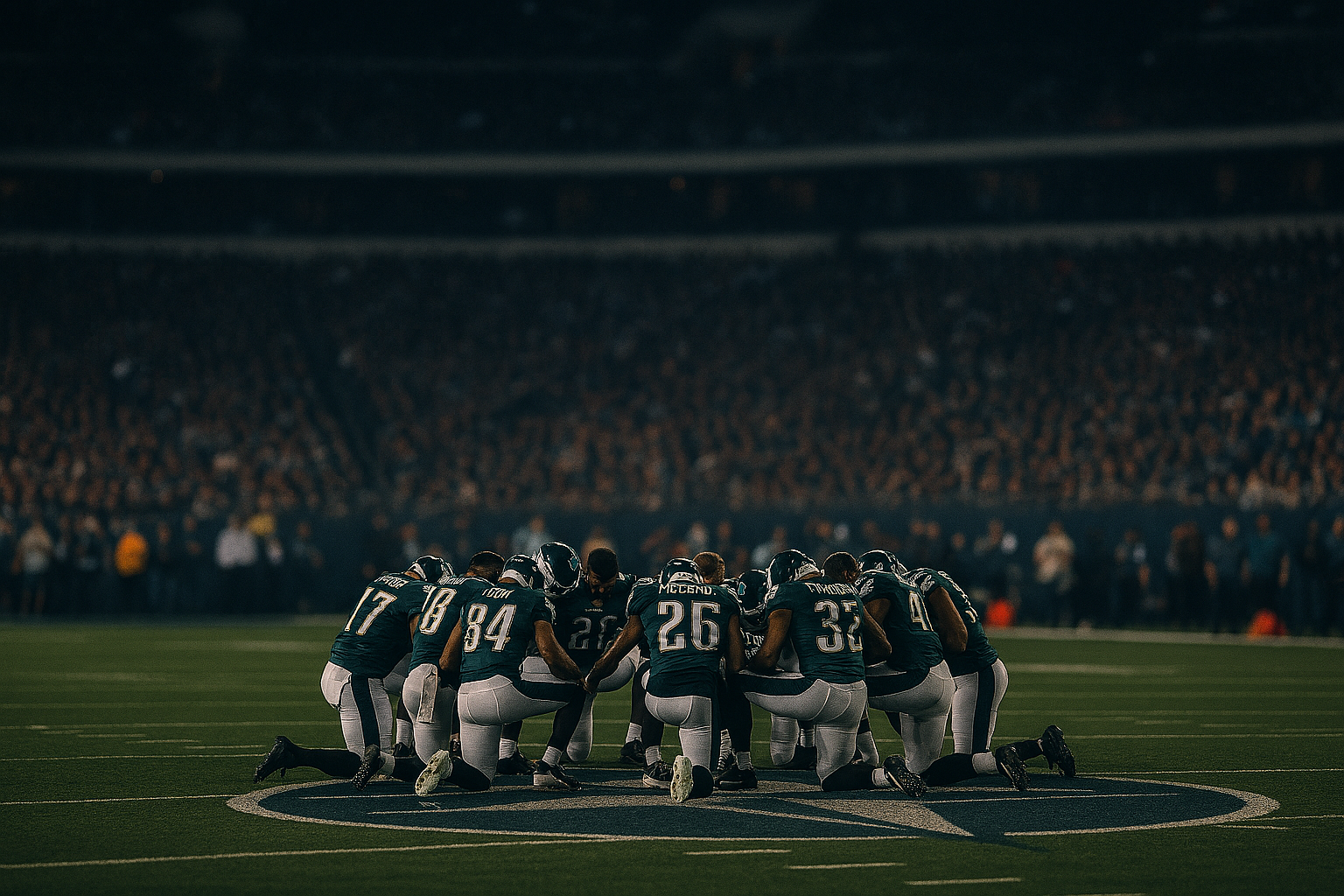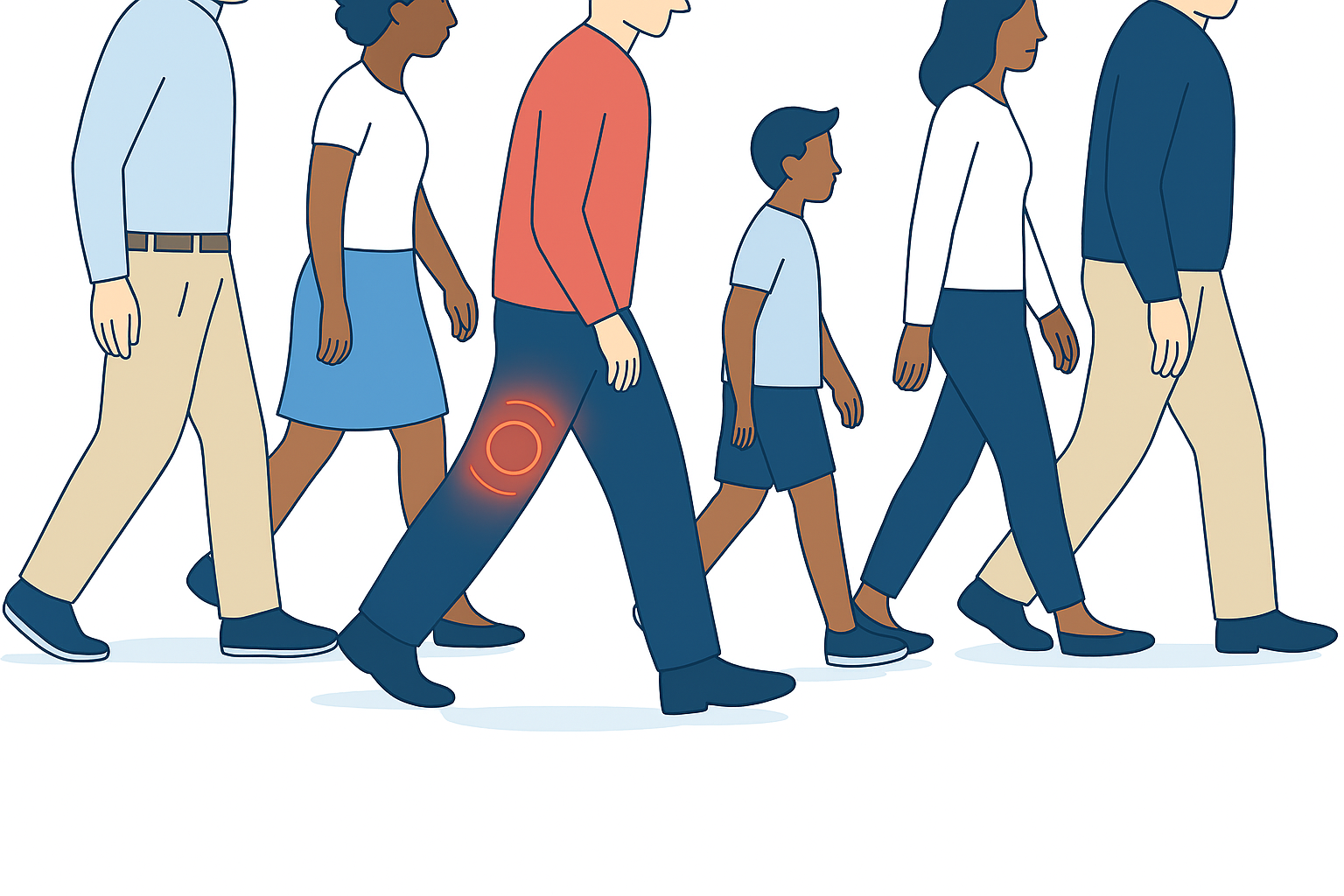Carnivore Babies”: Why Some Parents Are Ditching Fruit for Rib-Eye

The Rise of “Carnivore Babies”: Why Parents Are Swapping Fruit Purée for Rib-Eye
In a quiet but growing rebellion against mainstream nutritional advice, some parents are making a radical choice for their children’s first foods. They are skipping the rice cereal, sweet potato purée, and mashed bananas entirely. Instead, they are introducing their infants and toddlers to a diet of pan-seared rib-eye, beef liver, and bone broth. Welcome to the controversial world of “carnivore babies,” a movement that represents the ultimate rejection of modern dietary guidelines.
This trend, gaining traction in online communities and wellness circles, goes far beyond the low-carb “keto” diet. It’s a full-blown all-meat diet for children, rooted in a belief that humans are meant to thrive exclusively on animal products. While proponents claim it leads to superior health, mainstream pediatricians and nutritionists are sounding the alarm, warning of potentially severe health consequences.
The Carnivore Philosophy: A Return to “Ancestral” Eating
The parents who embrace this lifestyle are not doing so lightly. Their decision is often based on a deep-seated conviction that the modern diet—rich in sugars, grains, and processed foods—is the root cause of many chronic illnesses, from allergies to autoimmune disorders.
The core beliefs of the carnivore parenting movement include:
- Bioavailability of Nutrients: They argue that nutrients in meat, like iron and B12, are more easily absorbed by the body than those from plants.
- Avoiding “Anti-Nutrients”: They believe that plants contain defensive chemicals and “anti-nutrients” (like oxalates and lectins) that can cause inflammation and gut issues.
- Ancestral Purity: The movement is philosophically aligned with an “ancestral eating” model, contending that early humans were primarily meat-eaters and that our bodies have not evolved to handle a plant-heavy diet.
For these parents, a piece of steak is not just food; it’s a statement. It’s a rejection of the food pyramid, dietary guidelines, and what they see as a flawed, plant-biased nutritional establishment.
The Medical Backlash: A “Dangerous and Irresponsible” Experiment
The mainstream medical community has reacted with unified and grave concern. The American Academy of Pediatrics and other nutritional bodies have long recommended a varied diet for children, including fruits, vegetables, and whole grains, as essential for healthy development.
Doctors and dietitians warn that a carnivore diet for children could lead to serious health problems:
- Nutrient Deficiencies: A meat-only diet completely lacks fiber, which is crucial for a healthy gut microbiome, and is deficient in essential nutrients like Vitamin C and folate, which are vital for immune function and cell growth.
- Risk of Chronic Disease: There are concerns that a diet extremely high in saturated fat and red meat could lead to long-term cardiovascular problems and place a heavy strain on the kidneys.
- Developmental Issues: The lack of certain vitamins and the absence of carbohydrates, the brain’s primary fuel source, could potentially impact a child’s cognitive and physical development.
“This is a dangerous and irresponsible experiment to conduct on a developing child,” said one registered dietitian. “There is no scientific evidence to support this diet and a mountain of evidence suggesting it could cause irreparable harm.”
Conclusion: A Battle Over Beliefs and Biology
The phenomenon of “carnivore babies” is more than a dietary trend; it’s a flashpoint in a larger cultural war over health, science, and parental authority. On one side are parents who feel failed by mainstream medicine and are seeking what they believe is a purer, more natural path for their children. On the other is the entire medical and scientific establishment, warning of the profound risks of abandoning decades of nutritional research. As this controversial movement grows, it raises a critical question: In the quest for optimal health, how far is too far?









